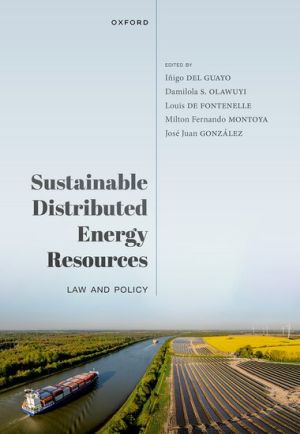
Distributed energy resources (DERs) such as solar panels, microgrids, and residential battery storage are reshaping electricity systems by enabling autonomous consumption and localised generation. They challenge the traditional centralised power model and offer significant potential for decarbonisation, decentralisation, digitisation, and democratisation—essential pillars for the energy transition.
However, the DER revolution is not purely technological; it beckons important legal and policy changes too. While the need for DERs is widely recognised, their design, financing, and implementation can present complex economic, environmental, social, and governance risks including land tenure issues, legal liability, and protracted disputes. Electricity laws and policies—often drafted decades ago—are increasingly ill-equipped to address the challenges of integrating these technologies.
At the same time, communities are demanding a greater role in shaping DER law and policy, calling for inclusive frameworks that ensure equitable access, data privacy, consumer protection, participation, human rights, and gender justice—particularly in low-income and indigenous communities.
Sustainable Distributed Energy Resources: Law and Policy explores how legal and regulatory systems worldwide are responding to these challenges. Through a sustainability lens, it offers practical tools for managing legal, contractual, and governance risks across the DER value chain and presents a roadmap for improving coherence in the design, financing, generation, and consumption of DERs. It also highlights the role of energy entrepreneurship education in building a secure and inclusive energy future.
This book is the result of a long-standing collaboration between the International Bar Association's Section on Energy, Environment, Natural Resources, and Infrastructure Law (IBA SEERIL), Oxford University Press (OUP), and the Academic Advisory Group (AAG) of IBA SEERIL. The International Bar Association is the world's largest organization of lawyers and bar associations. As an active section of the IBA, SEERIL leads public interest initiatives and keeps its members informed about key developments across its six committees: Environment, Health and Safety Law; International Construction Projects; Mining Law; Oil and Gas Law; Power Law; and Water Law. The AAG is a network of academics engaged in research and teaching in areas relevant to SEERIL's work.